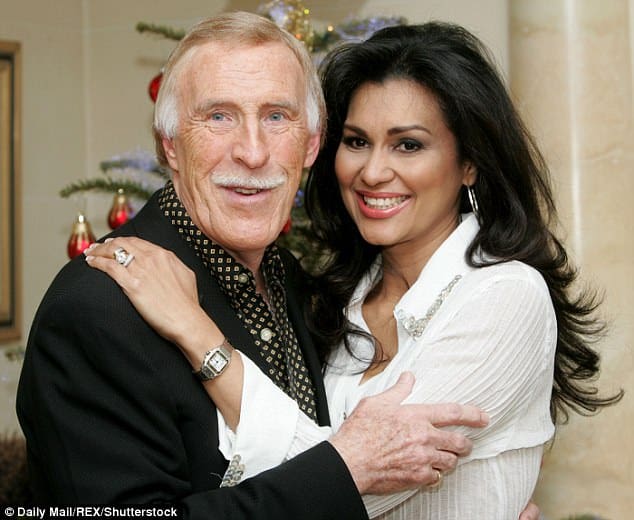On the 18th August 2017, we saw the death of well-known TV presenter, actor, comedian, singer, dancer, and screenwriter, Sir Bruce Forsyth. With a career spanning over 75 years, Bruce had certainly built up quite a fortune.
It was reported in the media that Sir Bruce had left his entire estate worth £17 million solely to his wife Lady Wilnelia, meaning that he would therefore not be liable to pay any Inheritance Tax.
Inheritance Tax is a tax on the estate (the property, money and possessions) of someone who’s died. Current legislation states that on death, you can give up to £325,000 away tax-free and this is known as your Nil rate band. Anything above this nil rate band is taxable and charged at 40%.
However, assets passing between spouses are ‘spouse exempt’ and therefore would not be liable to inheritance tax. Although, on the death of the second to die they would become liable at this stage if they fall over the threshold.
Sir Bruce did not use up his Nil rate band as he passed everything to his wife and benefited from ‘spouse exemption’. As his nil rate band was not used, it is possible then for Lady Wilnelia to use this additional nil rate band on her death meaning she can give away up to £650,000 tax free before she becomes liable for tax. This is known as a Transferable Nil Rate Band.
Lady Wilnelia can of course limit the inheritance tax liability on her death by starting to gift away assets to her children and grandchildren now. However, for such gifts to remain tax free she must survive for at least 7 years from the date of making the gift or the same would be counted back into her estate for Inheritance Tax purposes on her death.
Sir Bruce came under quite some scrutiny that he had left his entire estate to his wife in order to avoid paying Inheritance tax, but is this the case?
Did he avoid paying tax or is this just the result of very efficient Estate Planning and seeking the appropriate legal advice?


